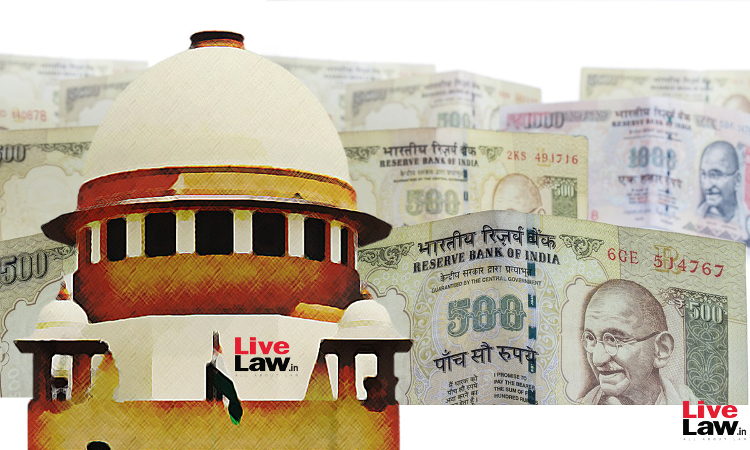Challenge To Demonetisation Not Academic : Supreme Court Seeks Affidavits Of Union & RBI
LIVELAW NEWS NETWORK
12 Oct 2022 1:35 PM IST

Next Story
12 Oct 2022 1:35 PM IST
Persuaded by the petitioners to change its preliminary view that the challenge to demonetisation has become an academic issue, the Supreme Court on Wednesday commenced hearing the legal arguments raised by petitioners on merits.After the arguments of the day, the Court asked the Union of India and the Reserve Bank of India to file a comprehensive affidavit in response to the...
